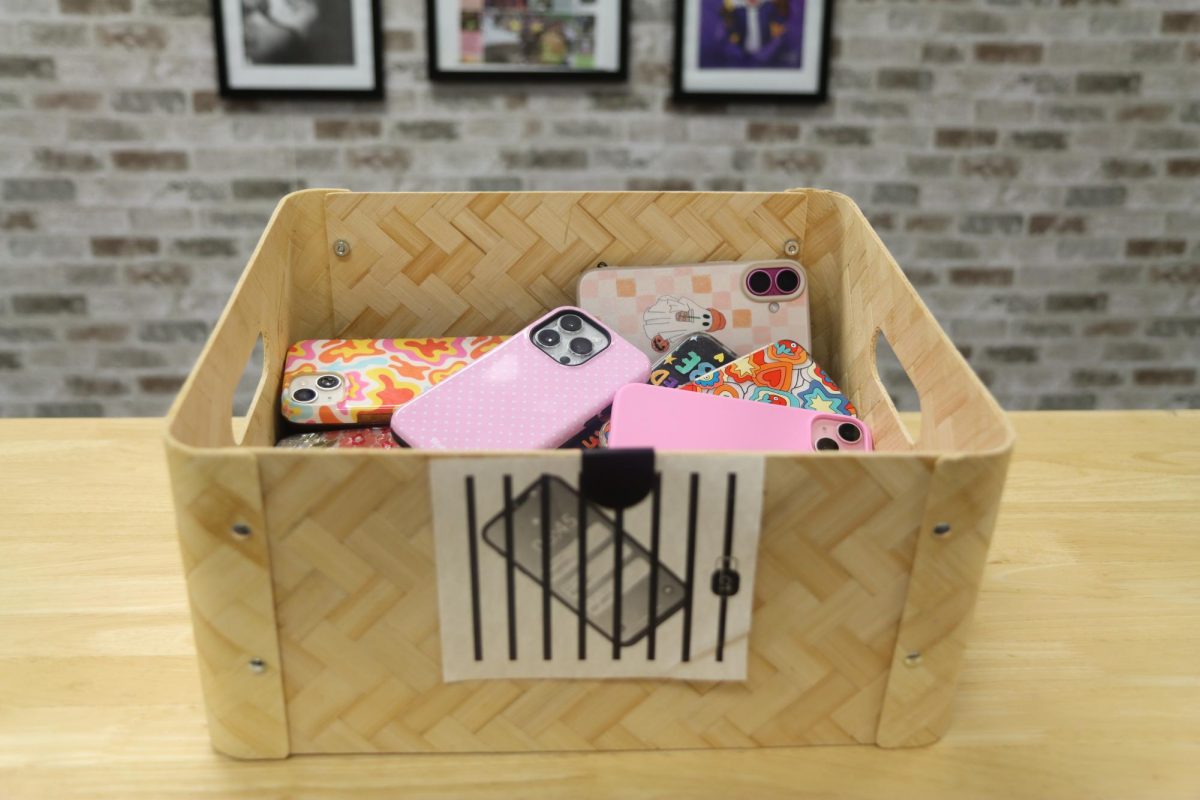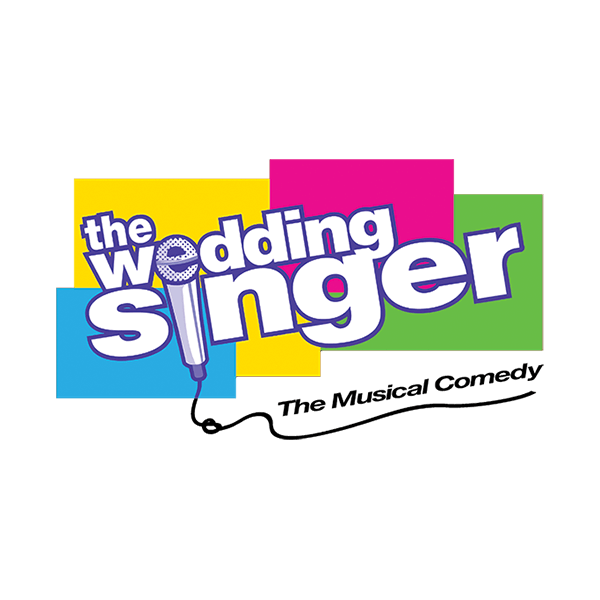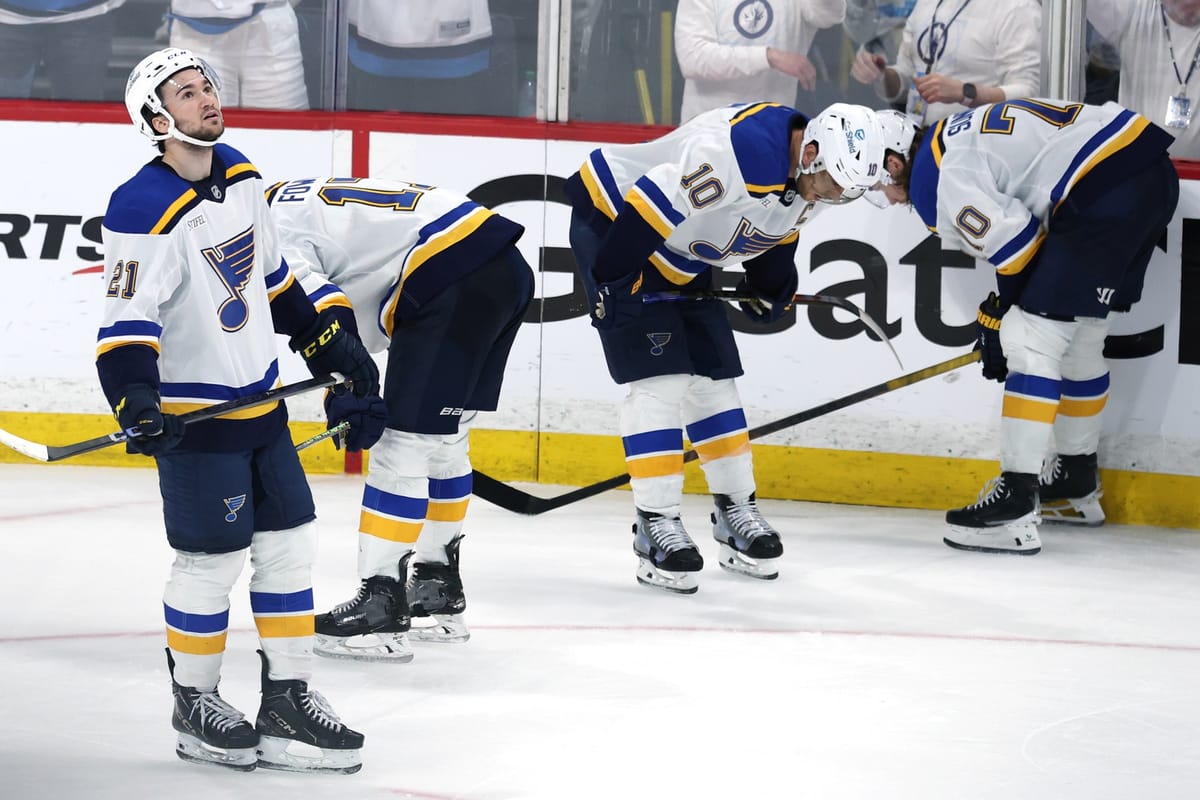Policies
Philosophy Statement
The print and online newspaper’s primary obligation is to inform its readers about events in the school and community and of issues of national or international importance which directly or indirectly affect the school population. The newspaper, while serving as a training ground for future journalists as part of the school curriculum, recognizes all rights and responsibilities under the First Amendment. Operating as a public forum, student editors will apply professional standards and ethics for decision making as they take on the responsibility for content and production of the news site. The yearbook’s primary obligation is to inform and entertain its audience in a broad, fair, and accurate manner on all subjects that affect readers in the areas of student life, academics, activities, sports, and community. The student body of each high school constitutes the target audience for the yearbook with secondary audiences including school personnel, community members, and other scholastic journalism groups. Content focuses on coverage which will meet the wants and needs of the majority of these audiences. Student editors will apply professional standards and ethics for decision making as they take on the responsibility for content and production of the yearbook. While the student staff encourages constructive criticism of any part of the yearbook, authority for content rests in the hands of the student members of the yearbook staff. Students will not publish material considered to be legally unprotected speech, or libel, obscenity, material disruption of the educational process, copyright infringement, or unwarranted invasion of privacy.
I. General Guidelines
A. The staff agrees to respect the rules and regulations as established in the Eureka Student Handbook.
B. The use of profanity, vulgarity and words which have acquired undesirable meanings shall be avoided in published material.
C. The staff shall report news and/or features in an objective manner with the best interest of the school and community in mind.
II. Newspaper Editorial/Op-Ed Page Guidelines
A. Opinions expressed on the editorial page and in the opinion sections of the online publication do not necessarily reflect the viewpoints or official policies of the school administration.
B. All editorials (unsigned) represent a majority opinion of the Editorial Board. Members of the Editorial Board include all staff editors.
C. Signed editorials, columns, blogs, editorial cartoons and reviews reflect the views of the author and not necessarily those of the EHS hub Editorial Board.
III. Obituary Procedure
A. In the event that a current student or staff member passes away during the course of the school year, the EHS hub will include coverage of the death in the next edition and possibly online.
B. The death will be reported as a combination news story and standard obituary and will be covered in the most appropriate space according to the timeliness of the publication.
C. The portrait of that individual will appear in the yearbook as it would under normal circumstances.
D. A memorial box will be placed in the closing of the yearbook with only the name of the person and dates of birth and death.
E. The newspaper and yearbook will maintain the dignity of the student or staff member by striving for accurate, fair coverage of the death.
IV. Prior Approval Procedure
A. Eureka Student Publications policy does not allow sources to see stories before they are published.
1) Reporters are responsible for getting the information right.
2) A reporter may check direct quotes or some information with sources if he chooses. However, allowing sources to read stories before publication is generally considered poor procedure because it allows sources to rewrite stories for their benefit.
B. In some cases, the editors may agree to allow a source to see the story before it is published.
V. Advertising Procedure
A. The EHS hub and Eurekana reserve the right to refuse any business which seeks to advertise any product which is illegal or generally considered unhealthy or undesirable for students as determined by the editors.
B. The EHS hub and Eurekana may choose to publish public service ads at the discretion of the editors.
C. The EHS hub and Eurekana will print political ads which comply with federal, state and local campaign laws.
D. All advertising must meet the same guidelines as editorial content.
E. Acceptance of advertising does not constitute and endorsement by the school, the staff as a whole or its individual members.
F. Students who appear in advertisements must sign a model release form acknowledging that they will accept no payment from the client and their appearance is one of support for the newspaper yearbook rather than the business or professional.
VI. Letters to the Editor / Commenting Procedure
A. Participation through letters to the editor by students, faculty and the community is encouraged.
B. Letters must be signed but names will be withheld upon request and with the concurrence of the Editorial Board.
C. Letters should be limited to 300 words. The EHS hub reserves the right to reject, edit or shorten letters.
D. Deadlines will be announced via the announcements and on bulletin boards.
E. Letters may be submitted in writing to Mrs. Kristen Rogan in Room C138, or to any EHS hub staff member, or via email to [email protected]
F. Readers may also comment via the online site www.ehshub.org
G. The ehshub.org staff reserves the right to delete the contents of comments which it deems inappropriate
VII. Reporting /Photography Procedure
A. Students interviewed for an EHS hub or Eurekana story should be made aware beforehand that their name will be published in the yearbook, newspaper and/or online.
B. Students involved in a school sponsored event or public activity may be photographed for publication without explicit permission.
C. Reporters should make every effort to interview sources in person, not through notes, e-mail or over the telephone. The writer of a story should conduct all of his/her own interviews. If another reporter completes some interviews, he/she must be given credit at the end of the story.
D. If a reporter would like to tape an interview, the source must give permission in advance.
E. All sources in stories must be named. Only the editors can decide to withhold a sources name if privacy is necessary for the source. The adviser must be made aware of the identity of the source if it is to be withheld from the story.
F. Reporters should make sure all stories have a minimum of three sources, two of which should be current and local interviews.
G. Reporters must have their notebooks/digital recorders out and visible while reporting. Reporters must carry a press pass at all times. IMPORTANT: Only information obtained while the reporter is wearing a press pass is considered “on the record.”
H. Reporters may use the EHS hub and Eurekana Facebook page for crowd sourcing but are discouraged from using FB to conduct interviews.
VIII. Yearbook Portrait Policy
A. All students are asked to have their portraits taken with school photographers for the yearbook.
B. Underclassmen will have their portraits taken at school during registration/orientation.
C. Seniors will schedule individual sittings with the school-approved photographer at the studio.
D. By having portraits taken by only approved photographers, the yearbook staff can be assured of the highest quality reproduction and consistency of all portraits.
E. Student portraits will appear in the section of the yearbook consistent with the official classification as of the end of first quarter. This information will be provided by the registrar.
IX. Yearbook Sales Policy
A. Any customer who does not wish to keep his/her book may obtain a refund provided the book is returned in the same condition in which it was distributed. Once returned, the book becomes the property of the staff and can be resold at the current cost.
B. Exchanges can be made for books with minor flaws if no writing has been done in the book. If a book has been written in, then no exchange can be made unless the adviser feels the flaw in the book is of major proportion.
C. It will be the responsibility of the buyer to provide proof of purchase if no record can be provided by the staff. A canceled check or receipt will constitute proof of purchase.
D. Books not claimed at the end of the first quarter of classes in the fall automatically become the property of the yearbook staff and can be sold at the current price. Refunds for unclaimed books will be available until the end of the first quarter.
X. Photo/Video Use Policy
A. All pictures and video taken by student photographers or professionals contracted by the publications staff are the property of the student publications staffs.
B. It will be at the staff’s discretion whether or not to release any or all of the photos/video taken during the year.













